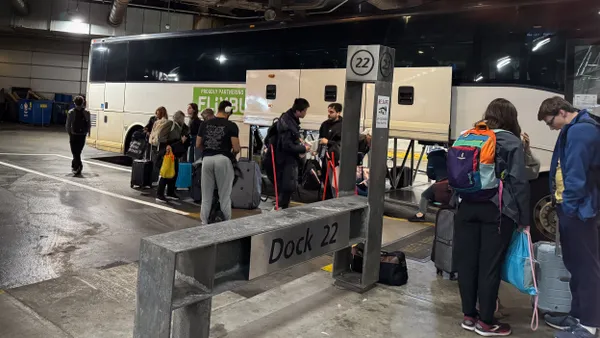The Colorado Energy Office launched a public awareness and education campaign Monday to answer residents' questions about buying, owning and driving electric vehicles.
The effort involves a website, social media outreach and materials for the state’s project partners to use. Those partners include the Colorado Automobile Dealers Association, Xcel Energy, the Tri-State Generation and Transmission Association, Drive Electric Colorado and the non-profit Drive Clean Colorado. Boulder County, Denver — including the city and county — and Durango are also part of the project.
Currently, fewer than 70,000 EVs are on the road in Colorado, according to the state’s EV dashboard. A 2020 survey found that 63% of non-EV owners intended to purchase their first electric vehicle within the next 10 years. But Colorado consumers had questions about state tax incentives for EVs and where they could charge on the road, said Carrie Atiyeh, senior program manager on the Transportation Fuels and Technology team at the CEO, which is part of the governor’s office.
“There are a lot of new, first-time EV buyers that are going to be entering this space over the next few years,” Atiyeh said.
In the first nine months of 2022, 9.6% of all new vehicles sold in the state were EVs. Gov. Jared Polis set a goal for Colorado of 940,000 light-duty EVs and at least 1,000 zero-emission transit buses in use by 2030.
According to a press release from the governor’s office, Colorado is “electrifying state facilities” and planning for dozens of new electric state fleet vehicles in 2022 and 2023.
As of Oct. 1, nearly 4,400 public Level 2 and DC fast chargers were installed throughout Colorado. The state’s transportation and energy regulators are “working together to rapidly expand our network of public charging stations so that all Coloradans can feel confident choosing an electric vehicle,” said Colorado Department of Transportation Executive Director Shoshana Lew in a press release.
“We are looking at investing more than $25 million in our charging network throughout the state,” Atiyeh said. The investments would combine state resources and federal funds from the National Electric Vehicle Infrastructure program.












